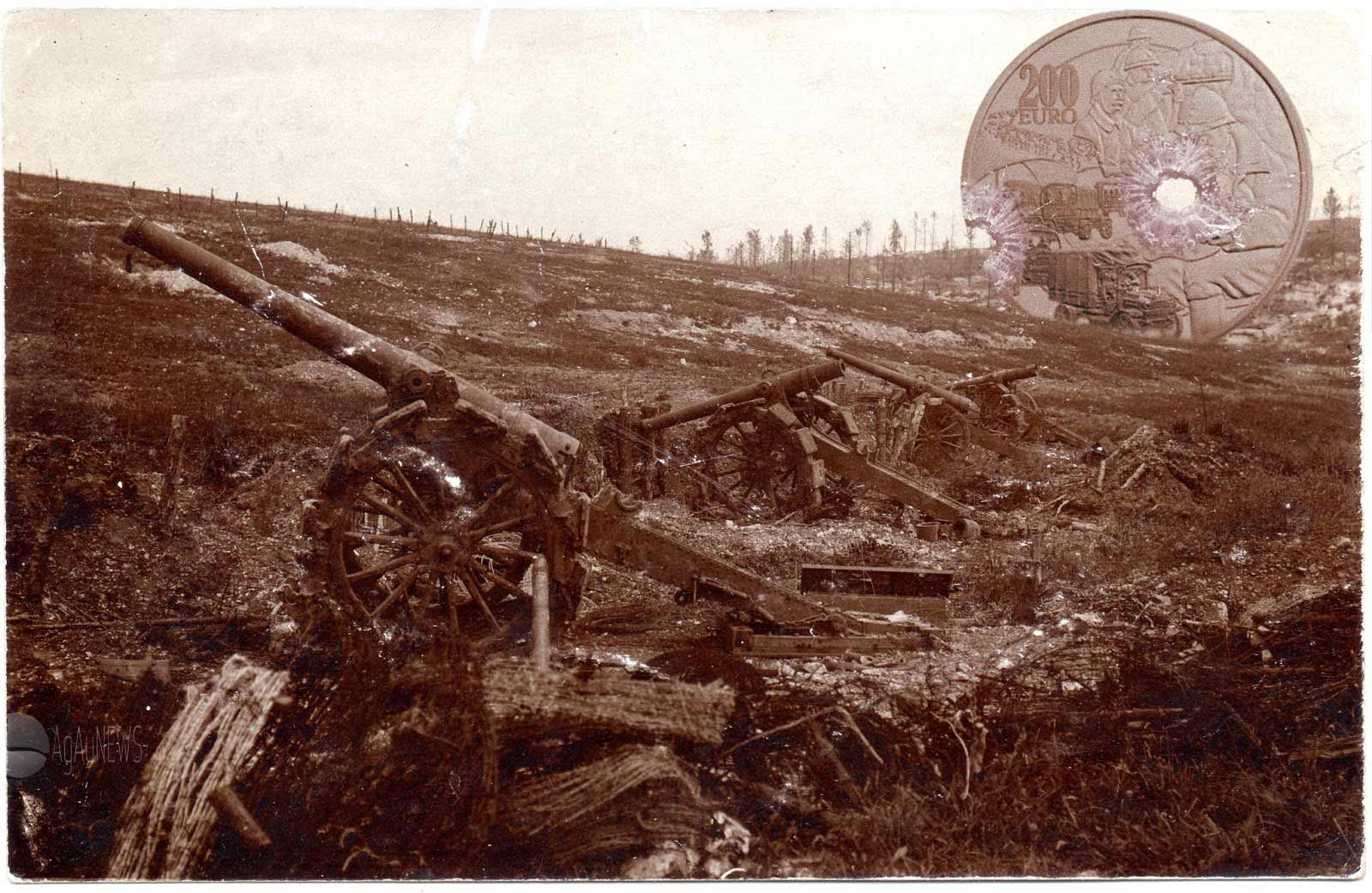

Petain was in some ways exactly what Falkenhayn had been hoping for in an opponent: he had an unwavering determination to defend French territory.

Unfortunately for the French, the severely understaffed complex was taken by a small band of German troops early on in the course of the battle.Īfter these astounding setbacks, the French leadership appointed Henri-Philippe Petain to carry on the defense. Perhaps it would have held better if it were manned by more than two dozen soldiers. Driant would lead a spirited defense of Verdun in the face of overwhelming forces, when on the first day of fighting the over one million German soldiers had only taken the first line of trenches defended by a mere two hundred thousand French however the heroic Driant would himself fall in battle on this first day of fighting.ĭespite the strong fighting in the battle’s opening, the coming weeks would be disastrous for the French garrison, resulting in the quick fall of Fort Douaumont which was considered to be the strongest fortress in France. After a bombardment of over twenty hours, the million man German army mobilized its infantry to take the remnants of French positions. German artillery superiority was one deciding factor of the early days in Verdun, demoralizing those that it could not destroy under the constant explosive thundering. Fortress Commander Emile Driant, who had been pushing for improvements to the defenses for months, set up last minute preparations to the poor trench system in the area.įort Douaumont at the beginning of the battle The fortress and nearby fortifications had been slowly demilitarized for months, their machine guns and soldiers being shipped to distant fronts by the French High Command. During the intervening nine days, the French realized what was about to occur and began mobilizing reinforcements.

Originally scheduled to begin on February 12, 2916, the opening 21 hour preliminary bombardment was ultimately pushed back to the 21st on account of poor weather conditions. However, what was about to occur was the single longest conflict of the First World War, and one of the bloodiest in which both sides would lose hundreds of thousands of soldiers. Thinking that the French would suffer massive losses against his well-fortified positions in order to retake Verdun, Falkenhayn hoped to “bleed France white” by taking advantage of superior positions. ~Falkenhayn in a letter to Kaiser Wilhelm II If they do so the forces of France will bleed to death." Within our reach there are objectives for the retention of which the French General Staff would be compelled to throw in every man they have. A mass break-through - which in any case is beyond our means - is unnecessary. "The string in France has reached breaking point. The German High Commander Erich von Falkenhayn was not convinced that breakthrough against France was feasible in the form of a massive assault, however Falkenhayn correctly realized that the strategic area around Verdun, a sleepy river town on the Franco-German border which had been heavily fortified by the French for the past century, had a historic and personal significance to the French military that they would be obliged to defend against heavy losses. The German leadership was looking for a “breakthrough,” a fight that could lead to the momentum necessary to reach Paris and hopefully knock the one front from the fight.

Since the German invasion of France through Belgium had been halted in fall of 1914, no major developments in the war had occurred for over a year.


 0 kommentar(er)
0 kommentar(er)
